
Lisa Grossman
Astronomy Writer, Science News
Lisa Grossman is the astronomy writer for Science News. Previously she was a news editor at New Scientist, where she ran the physical sciences section of the magazine for three years. Before that, she spent three years at New Scientist as a reporter, covering space, physics and astronomy. She has a degree in astronomy from Cornell University and a graduate certificate in science writing from the University of California, Santa Cruz. Lisa was a finalist for the AGU David Perlman Award for Excellence in Science Journalism, and received the Institute of Physics/Science and Technology Facilities Council physics writing award and the AAS Solar Physics Division Popular Writing Award. She interned at Science News in 2009-2010.

All Stories by Lisa Grossman
-
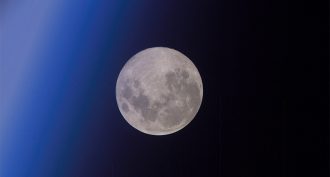 Physics
PhysicsMeteorites may be excavating lunar water
When meteorites hit the moon, water is released from the moon’s soil. That suggests the moon has water buried all across its surface.
-
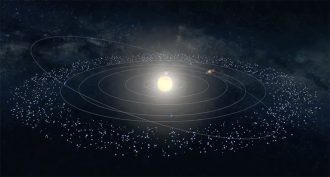 Space
SpaceSome dust in Earth’s atmosphere may hail from beyond Neptune
Bits of space debris in Earth’s atmosphere may come from the Kuiper Belt. This zone of dust and ice sits just beyond Neptune.
-
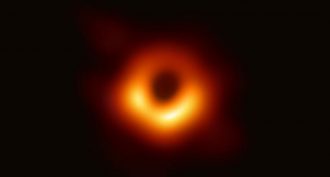 Physics
PhysicsHere’s the first picture of a black hole
The Event Horizon Telescope imaged the supermassive beast lying some 55 million light-years away in a galaxy called M87.
-
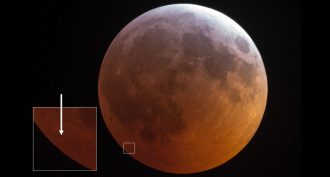 Space
SpaceCaught on camera: A small rock hit the moon
Photographers documented a rocky impact during January’s total lunar eclipse.
-
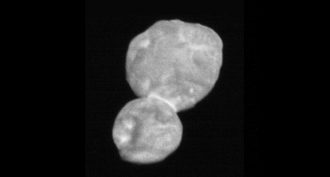 Space
SpaceThere’s a snowman in space
The New Horizons spacecraft snapped pics of the space rock on New Year’s Day.
-
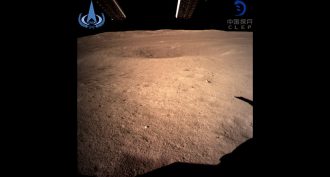 Space
SpaceChina landed a spacecraft on the far side of the moon
China just brought down a lander and rover on the far side of the moon. Let the science begin!
-
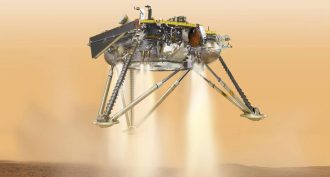 Space
SpaceQuake-scouting lander safely touches down on Mars
NASA’s InSight lander has just arrived safely on the Martian surface. Its two year mission is to record any ‘Marsquakes’ and other signs of the planet’s geologic activity.
-
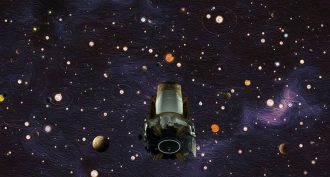 Space
SpaceR.I.P. Kepler, the planet-hunting telescope
It’s lights out for this spacecraft, after finding more than 2,700 exoplanets throughout our galaxy.
-
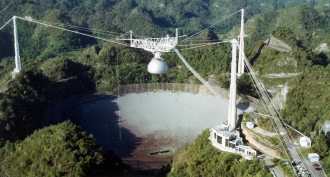 Space
SpaceOnly a small fraction of space has been searched for aliens
In their hunt for extraterrestrial intelligence, SETI searches have only scouted an area the equivalent of a hot tub out of Earth’s oceans, a new calculation indicates.
-
 Space
SpaceThe movie ‘First Man’ captures early spaceflight’s terror
At a time when NASA is considering how to once again send people to the moon, ‘First Man’ is a sobering reminder of how risky the first giant leap was.
-
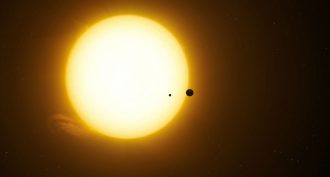 Space
SpaceHubble may have spotted a possible ‘exomoon’
The apparent moon would be the size of Neptune and orbit a distant gas-giant planet known as Kepler 1625b.
-
 Space
SpaceCool Job: Making stellar connections
Astrophysicist Paula Jofré wants to find links between all the stars in our galaxy, the Milky Way.